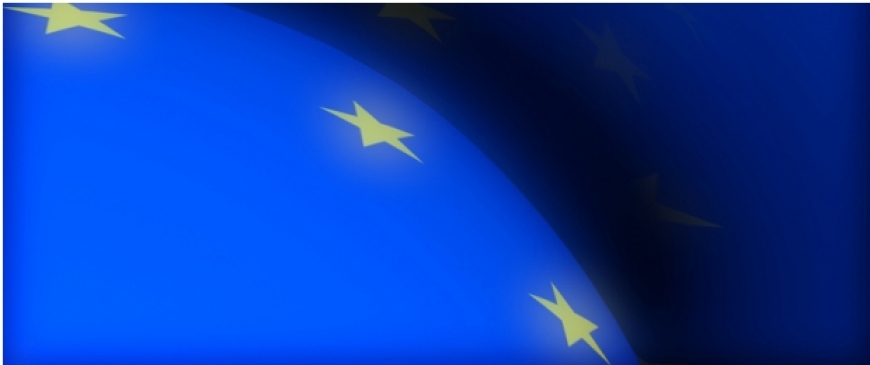
Short Cuts: Reputations: Political song and dance
"People have been texting saying: don't worry, it's all total politics." These words might have soothed a tearful Javine when she failed to rack up more than 18 points for the UK in the Eurovision Song Contest, but they were not much comfort to the beleaguered French and Dutch "yes" campaigns left reeling by the results of Europe's most popular kitsch-fest.
The competition's voting seemed to sum up European politics all too convincingly: "New Europe" up, "old Europe" down, and the Netherlands nowhere to be seen at all. In France, which came second from last (above Germany), the glitzy contest confirmed all the Gallic suspicions of a European continent moving in a liberal, expansionist, Anglo-Saxon direction. While France's Ortal polled a pathetic 11 points for his French rap song, eastern European countries such as Romania, Serbia and Moldova racked up hundreds with songs like "Grandma Beat My Drum".
The setting seemed to confirm Eurosceptic fears of an increasingly powerful east ganging up against the founders of the European project. The beaming Ukrainian hosts saw Eurovision as part of their journey to membership following their orange revolution. In the same way as Ireland's rise from rural poverty to Celtic Tiger was paved by the victories of Dana's "All Kinds of Everything", Johnny Logan's "Hold Me Now", and Linda Martin's "I Am the Voice", Ukraine sees its participation in the contest as a platform for its emancipation from Russia.
But for all the complaints about the results, Europe's song contest shows that the European ideal is still in good health. It may be based on a lowest-common-denominator vision of mediocrity, but the contest attracts 600 million viewers, and reaches across historical divides. The heart-rending spectacle of Turkey showering its former nemesis Greece with 12 points, and Ireland giving the UK more votes than anyone else showed that there is life in the European ideal yet.
And the fact that Javine's travesty of a song got so few points shows that Europe has not lost all its taste.
Mark Leonard was director of foreign policy at the Centre for European Reform (2005-2007)
